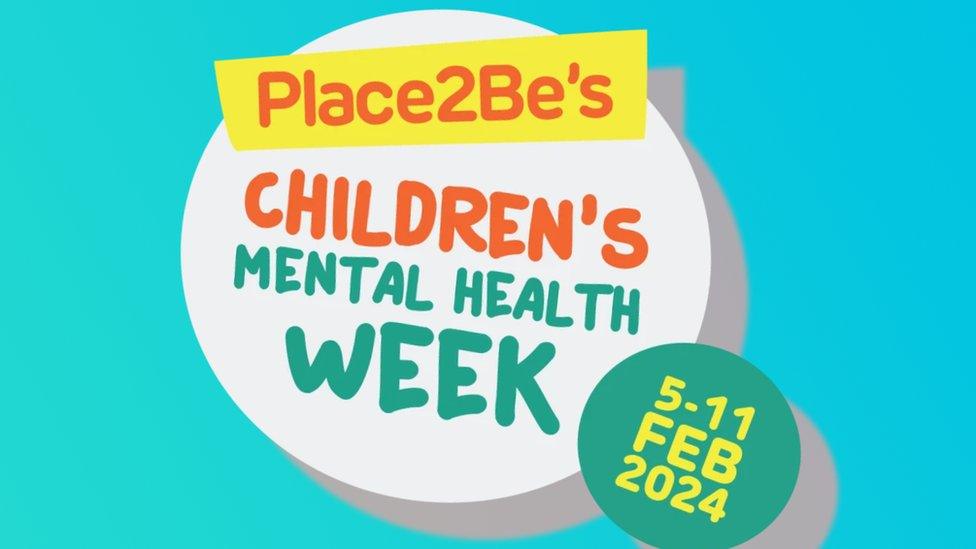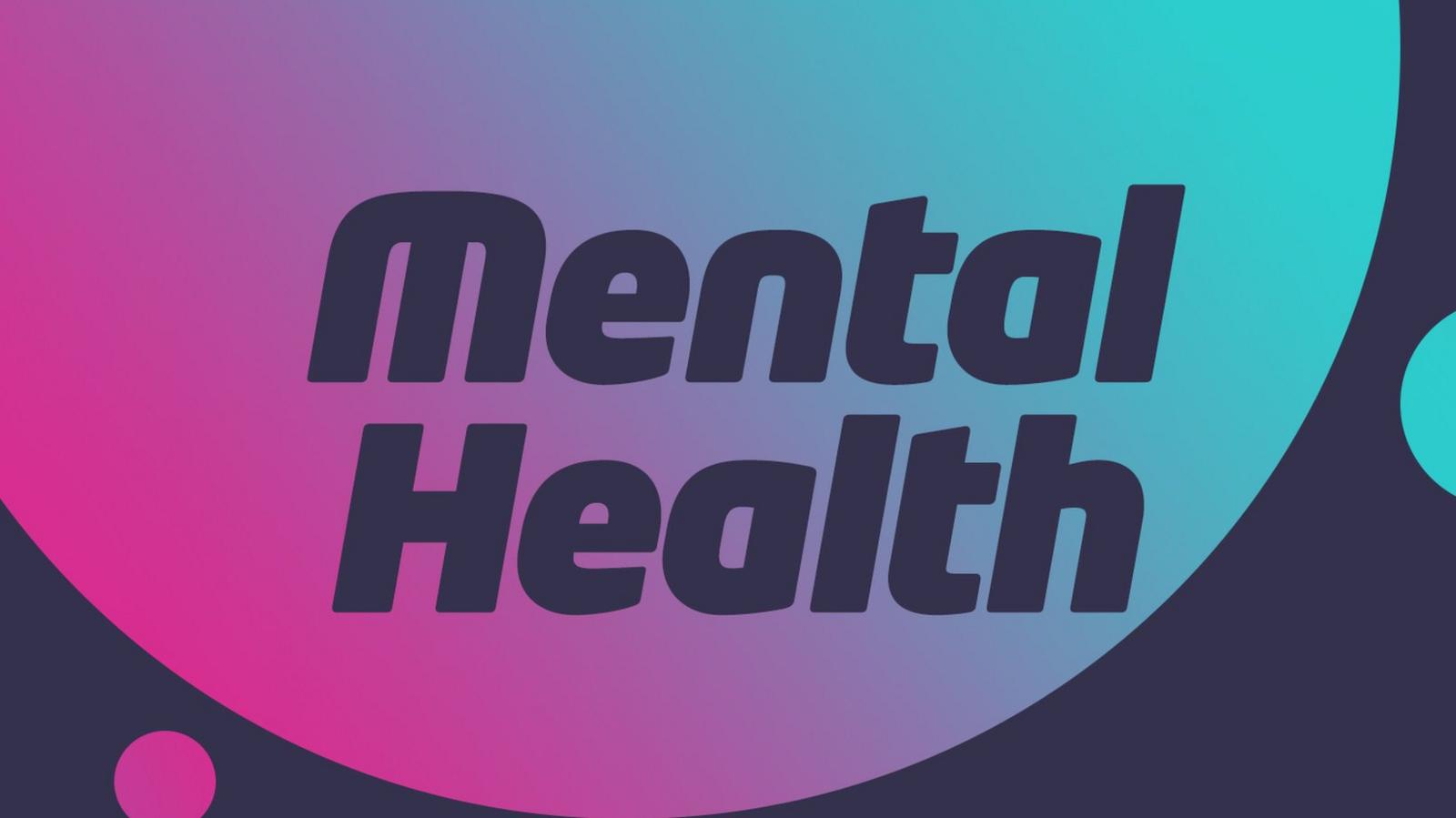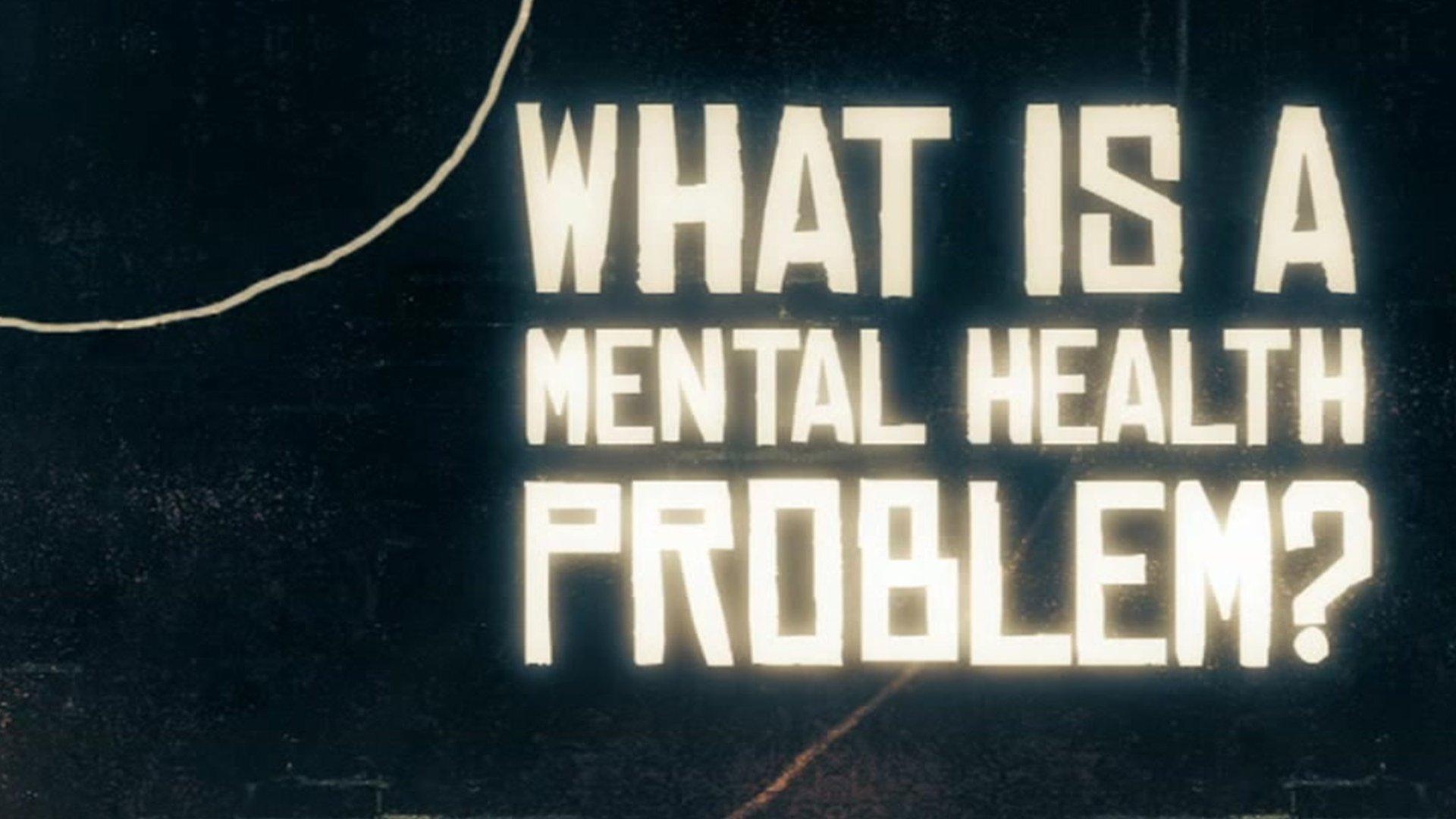Children's Mental Health Week 2024: What's it all about?
- Published

Children's Mental Health Week 2024 is taking take place from 5-11 February this year, with the theme 'My Voice Matters'.
The event is run and organised by the children's mental health charity Place2Be, and the theme this year is about encouraging children and young people to feel confident that they can express themselves.
The charity says that allowing young people to speak up has a positive impact on wellbeing and that children who feel that their voices are heard are more connected to their communities which can raise their self-esteem.
What is the theme of Children's Mental Health Week 2024?
This year's goal is about encouraging young people to have their say, and to remind them that they have the right to speak and be heard.
The charity quotes the UN Convention on the Child saying: "Every child has the right to express their views, feelings and wishes in all matters affecting them, and to have their views considered and taken seriously."
The charity said: "This year we want children of all ages, backgrounds and abilities to be empowered to work together to create a positive change for their mental health and wellbeing.
"We want all children and young people, whoever they are, and wherever they are in the world, to be able to say - and believe - 'My Voice Matters'".
What is Children's Mental Health Week?
Mental health: Meet Josh, Matty and Lucy
Place2Be launched the first-ever Children's Mental Health Week in 2015 to shine a spotlight on the importance of children and young people's mental health.
Its purpose is to encourage more people than ever to get involved, spread the word, and raise vital funds for children's mental health.
It's something schools, families and communities across the UK can get involved in and can help to raise awareness about some of the difficulties children and young people can experience.
What is mental health?
Mental health describes our emotional, psychological, and social wellbeing.
It affects how we think, feel, and act but also helps determine how we handle stress, relate to others, and make choices.
But sometimes people can experience mental health problems, which can massively affect their thinking, mood, and behaviour.
They can come from our genes, or a family history of mental health problems.
Some people who have never had mental health problems before can also develop them due to a very stressful or traumatic experience,
Why do people find it hard to talk about mental health problems?
Anxiety and depression explained
There can be many reasons why people might find it hard to talk about mental health problems, particularly when it comes to sharing with others.
This could be because of fear people won't understand, or might find it 'weird' and treat you differently as a result.
Others might think people will either make a big deal of it or else not take it seriously.
It is completely normal to have these concerns but overcoming these worries - and speaking to someone - can have a really positive impact, and in many cases can contribute to taking steps to improve your mental health.
If you are worried about mental health problems or are finding it difficult to talk about how you are feeling, there is lots of support out there.
The first thing you should do is speak to an adult who you trust about it. That might be a parent or family member, a family friend or even a teacher at school.
If you're not sure who you would like to talk to, visit Childline, external or ring them on 0800 1111 who will be able to help you with how you are feeling.
What are some creative things you can do to practice self-care?
Coronavirus: Five creative self-care ideas
Self-care means taking care of yourself so that you can be healthy physically, feel better mentally and you can help and care for yourself and others
The mental health charity Mind has said that self-care techniques and general lifestyle changes can help manage the symptoms of many mental health problems.
They can also help prevent some problems from developing or getting worse.
- Published10 February 2021

- Published25 June 2018

